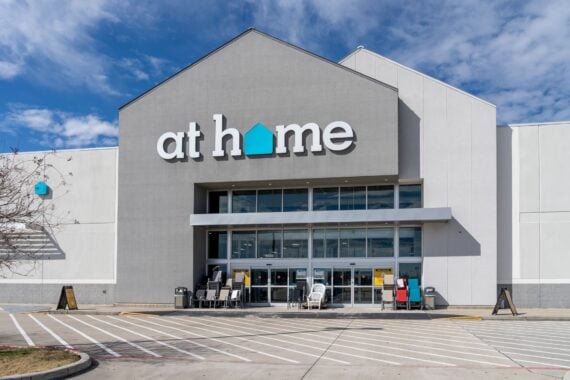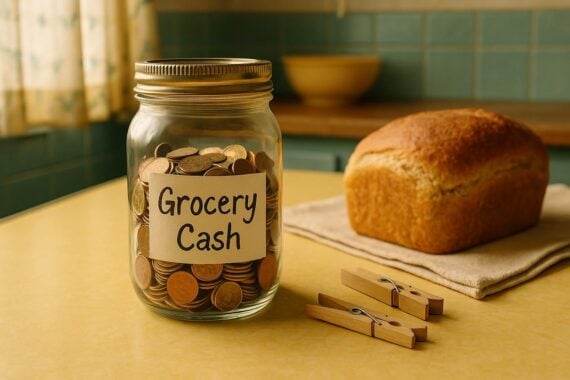Food is expensive enough as it is, thanks to rampant inflation. However, for residents of several states, rising prices aren’t the only worry, because they’re still stuck paying some sort of state sales taxes on their groceries. These often-controversial taxes are hotly debated, with critics saying they’re especially unfair for low-income residents, and some states are now considering temporary reductions or grocery-tax holidays. Here are the 13 states where a trip to the supermarket is that much more painful.
Related: Here’s How Much More Groceries Cost at Kroger in 2022
Arkansas: 0.125%
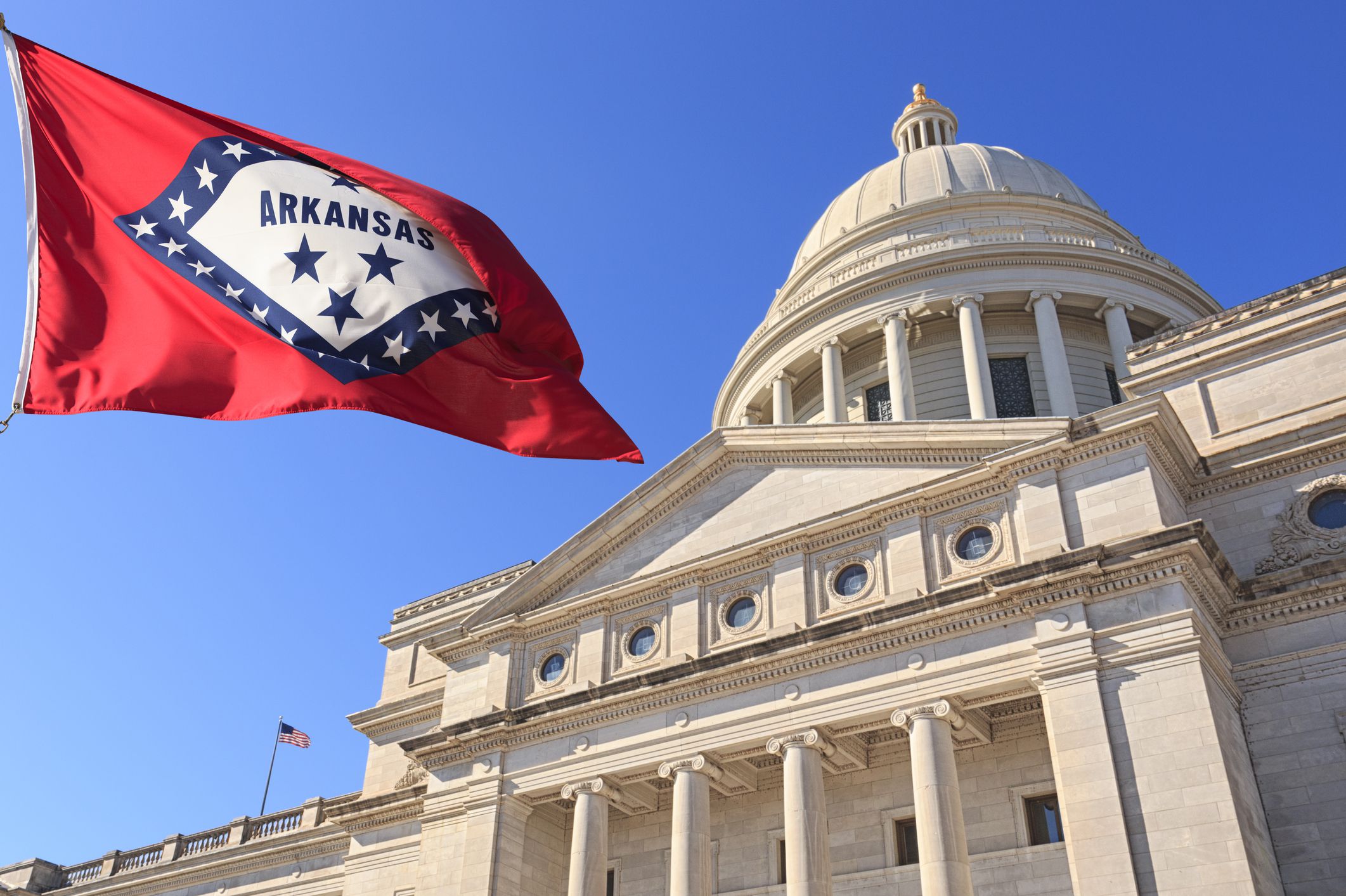
In Arkansas, groceries are subject to a (very) reduced 0.125% state sales tax, as well as any local taxes. Candy and soft drinks are taxed at the full 6.5% sales tax rate.
Related: Strange But True Tax Laws From All 50 States
Illinois: 1% (On Hold)
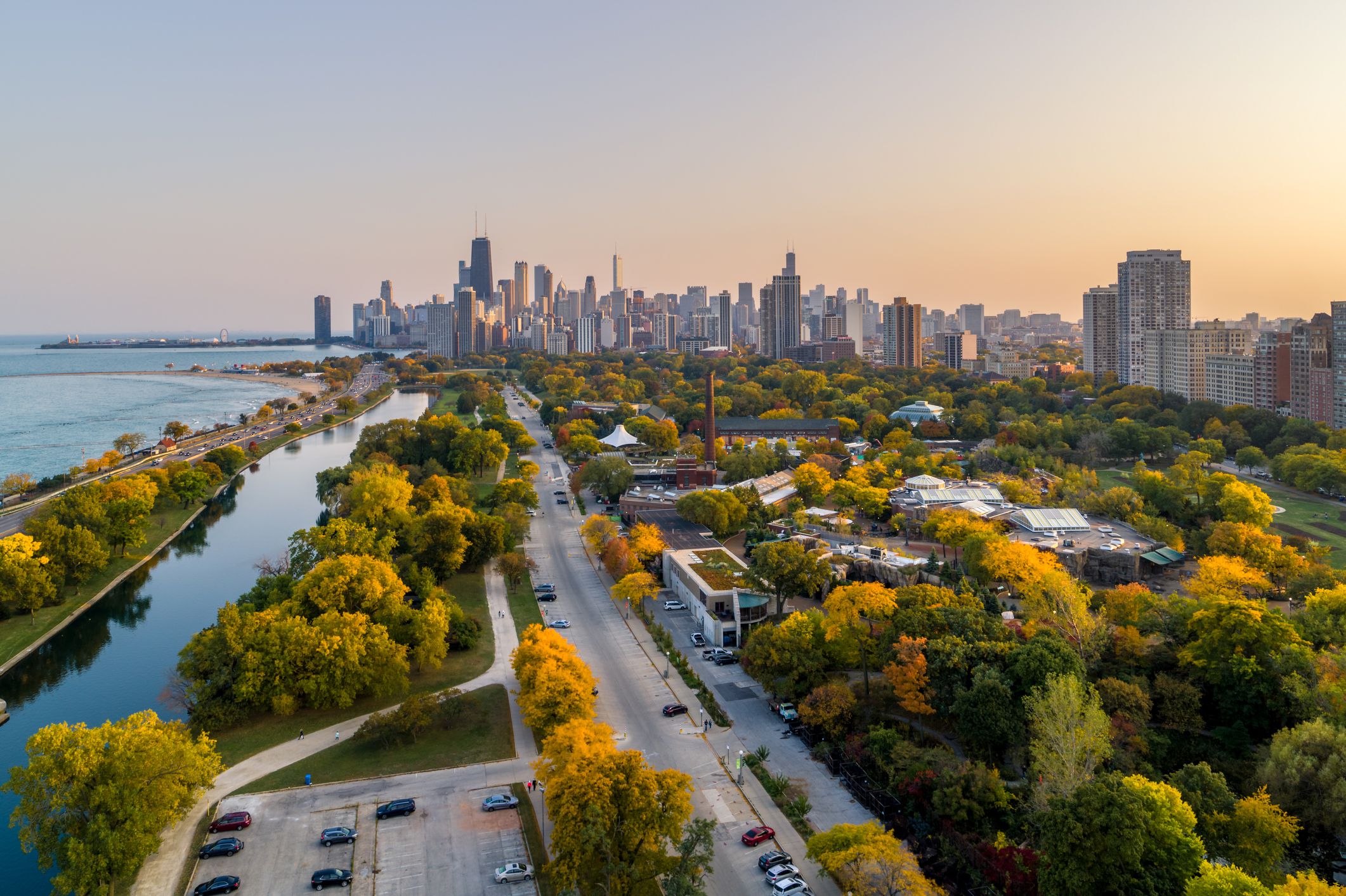
Groceries used to be subject to a reduced 1% state sales tax in Illinois, plus any local taxes. However, that the state tax on food in Illinois is suspended until June 30. Local taxes still apply, and the state taxes candy, soft drinks, and alcohol at its regular 6.25% rate.
Related: Most and Least Tax-Friendly States for Retirees
Missouri: 1.225%

In the Show-Me State, you’ll pay a reduced 1.225% state sales tax on groceries, plus any local taxes.
Related: Surprising Things Your State Taxes
Virginia: 2.5%

In Virginia, groceries are subject to a reduced 2.5% state sales tax. Alcohol, prepared hot foods, and seeds and plants are taxed at the full 5.3% state sales tax rate, plus any local taxes.
Utah: 3%
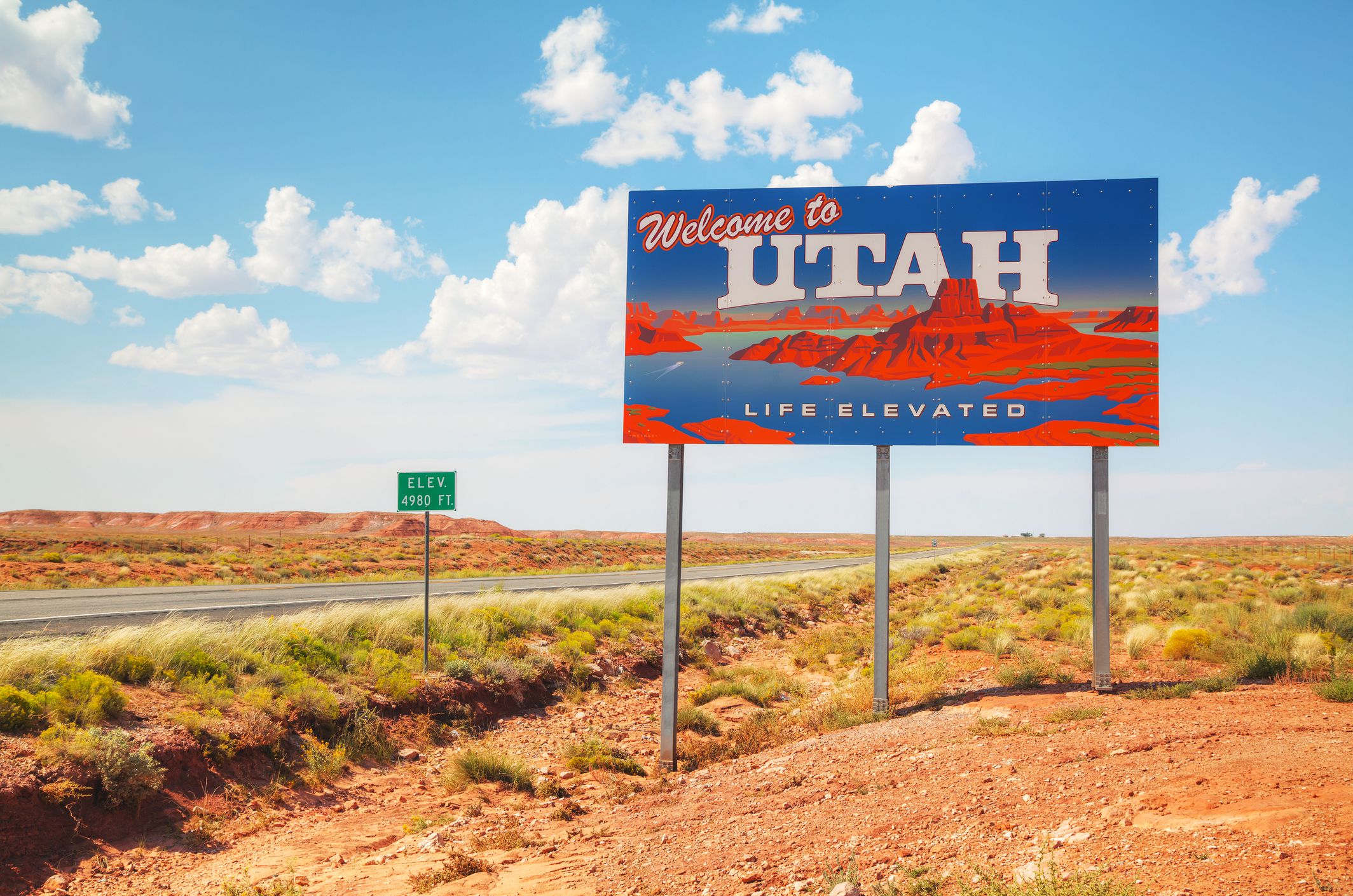
In Utah, groceries are subject to a 3% sales tax, which is a combination of a reduced 1.75% state sales tax and local taxes of 1.25%. Alcohol and many prepared foods are taxed at the full 4.85% state sales tax rate, plus local taxes.
For more smart money stories, please sign up for our free newsletters.
Trending on Cheapism
Alabama: 4%

Alabama is one of seven states that taxes groceries at its full state sales tax rate, 4%. Groceries are also subject to local taxes.
Related:50 Ways to Save at the Grocery Store
Hawaii: 4%

Living in paradise isn’t cheap, including when it comes to food. Though Hawaii technically doesn’t have sales tax, it has a 4% General Excise Tax that is charged to businesses, which typically pass that cost on to customers, plus local taxes. Hawaii does offer some relief in the form of a food tax credit for low-income residents.
Tennessee: 4%

Sure, there’s no income tax in Tennessee, but residents are quick to note that the state extracts its pound of flesh when it comes to sales taxes. Groceries are subject to a reduced 4% state sales tax, plus local taxes. Prepared food, candy, and alcohol are taxed at the full 7% state sales tax rate, plus local tax.
Related: Grocery Shopping Mistakes You Don’t Want to Make
Sign up for our newsletter
Oklahoma: 4.5%

Oklahomans must pay the full 4.5% state sales tax on groceries, plus applicable local taxes. There is a sales tax relief credit for low-income residents.
South Dakota: 4.5%

Groceries are subject to the full 4.5% state sales tax plus local taxes in South Dakota.
Idaho: 6%

Buy groceries in Idaho, and you’ll be smacked with the full 6% state sales tax. A grocery tax credit averaging roughly $100 per person offers a bit of relief.
Kansas: 6.5%
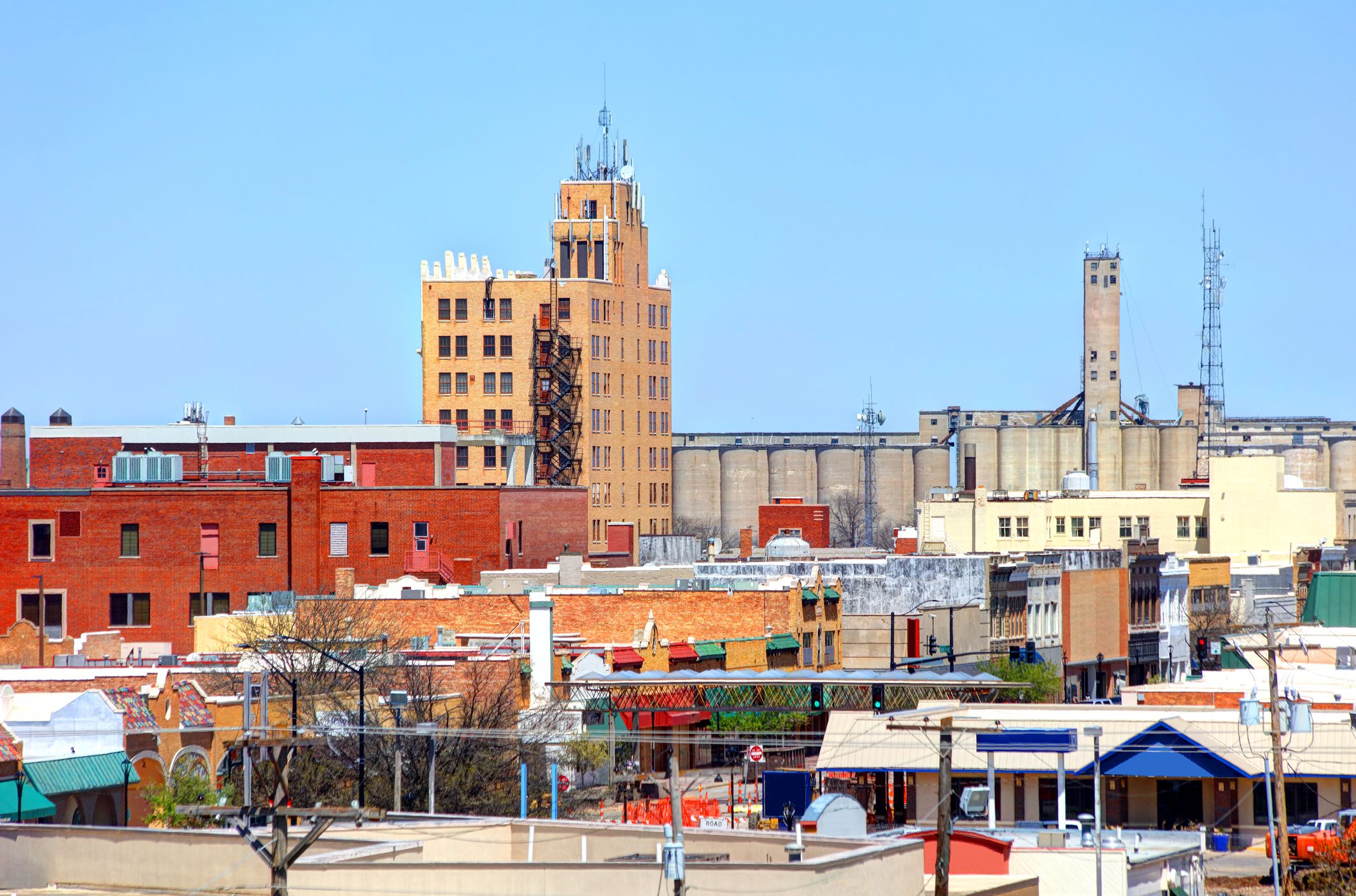
Groceries in Kansas are subject to the full 6.5% state sales tax plus local taxes. Low-income residents are eligible for some relief via an income-tax credit of $125 for every claimed exemption.
Mississippi: 7%
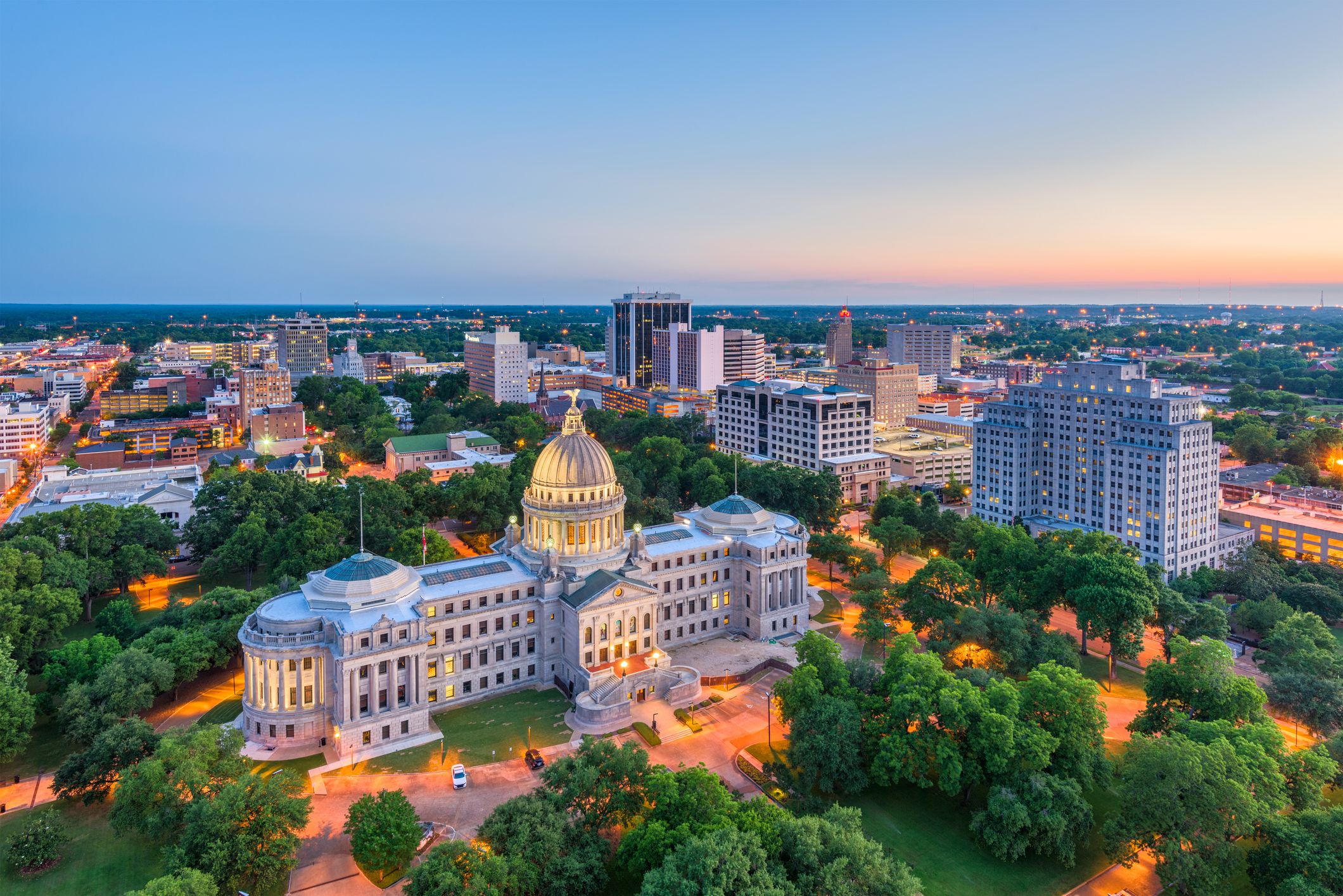
The Hospitality State isn’t very hospitable for folks who need to, well, eat. Groceries are subject to the full 7% state sales tax, and there are no tax credits to help offset that expense. The one silver lining: No local taxes are allowed on groceries.
States That Allow Local Taxes on Groceries

Though these states exempt groceries from state sales taxes, local governments are still allowed to collect taxes on them. For the most part, alcohol and prepared foods are still subject to state taxes, however.
Colorado
Georgia
Louisiana
North Carolina (uniform 2% rate)
South Carolina


